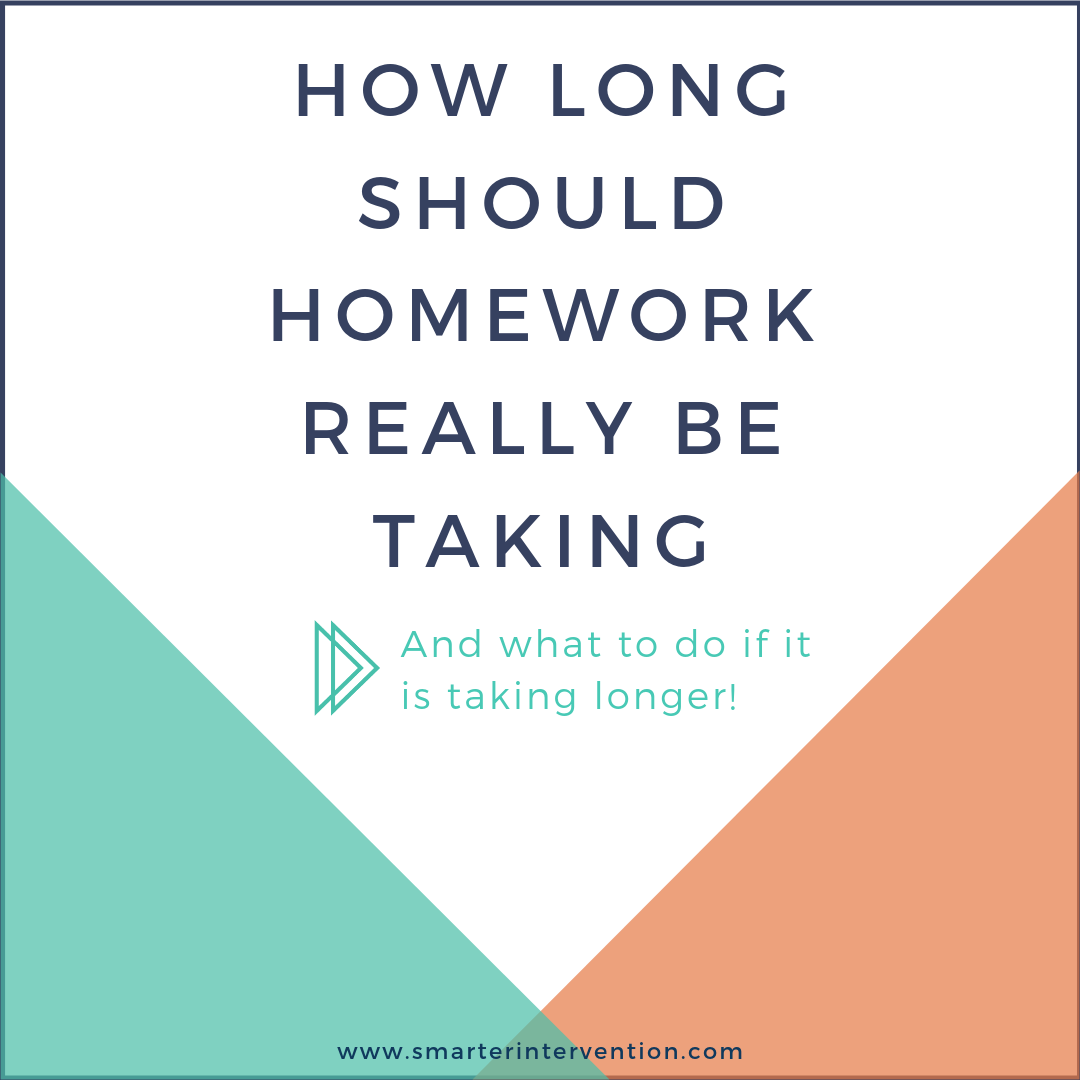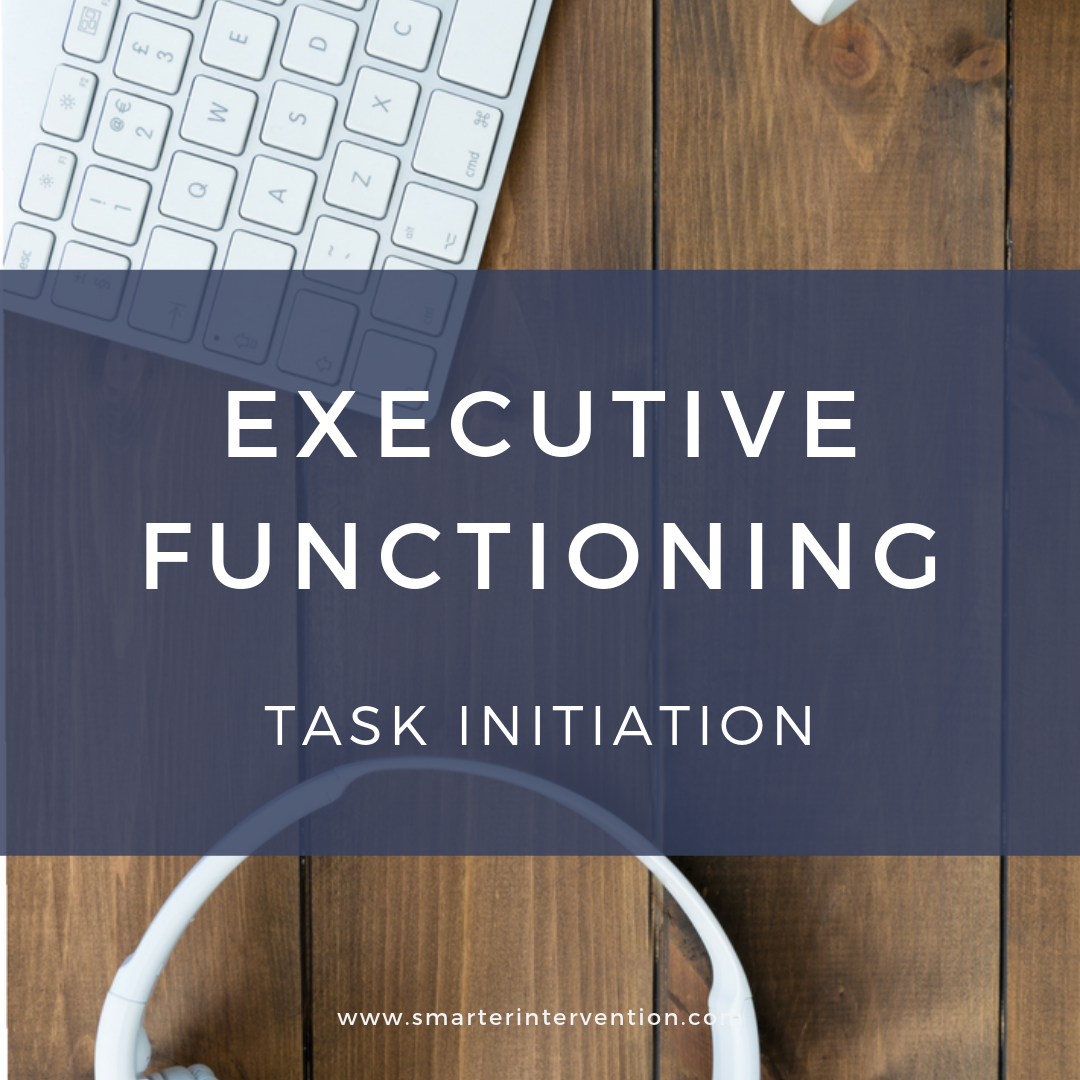Science-based literacy resources and articles
for families, educators and schools
Search by Category:
Categories
- Advocacy
- Authentic Literature
- Business
- Comprehension
- Data Tracking
- Differentiation
- Dyslexia
- Evaluation and Assessment
- Executive Functioning
- Games & Activities
- Helping My Child At Home
- How To
- IEP/504 Plan
- Lesson Planning
- Math
- Online Intervention
- Organization
- Parents
- Phonics
- Phonological Awareness
- Reading Comprehension
- Reading Fluency
- Research
- SLP
- Spelling
- Vocabulary
- Writing
3 Tips to Decrease Temper Tantrums
We all know the feeling... Your child is having a melt down in the check out line at the store because they want you to buy their favorite candy bar for them. A refusal to this request can lead to screaming, crying, and maybe even a full blown tantrum. This can be embarrassing, stressful, and incredibly frustrating to deal with when there are so many people around! Many parents are probably wondering, "How can I avoid this?"
How Long Homework Should Really Be Taking
It is not uncommon for families to come in concerned because their child's homework is taking what seems like forever to get through. Homework struggles can stem from multiple causes. It can be hard, it can be boring, or, it could be a sign of an underlying struggle for your child.
The rule we advise families to stick with is 10 minutes per grade level per night. That means if you have a second grader, he or she should be doing 20 minutes of homework each night.
How to Teach Your Students to Self-Monitor Their Attention
Empower your students with attention-monitoring skills for academic success! Discover effective strategies to help children self-monitor their attention in class and at home. Encourage lifelong learning habits and enhance focus with simple yet impactful techniques.
1 Easy Way To Encourage Positive Behavior In Your Classroom
Discover how a simple schedule on the board can transform your classroom for students with Executive Functioning struggles. Learn how it fosters focus, sustains attention, and builds organizational skills. Plus, turn it into a teaching opportunity for better student engagement and success!
Is My Child Struggling With Executive Functioning?
Worried that your child is struggling with skills related to Executive Functioning? Not sure what Executive Functioning is? Looking for answers to help your child succeed? You're in the right place. Executive Functioning is a term that has gained popularity in recent years. It refers to the skills that we use every single day like planning, paying attention, following directions and emotional regulation. For more information about what Executive Functioning is, you can read our blog, "What is Executive Functioning?
A Letter to Teachers about Their "Troublemaker"
Understand the struggles of that one troublesome student in your class. Discover how Executive Functioning (EF) challenges manifest as disruptive behaviors and learn how to support students with EF difficulties. Reach out for guidance and celebrate the end of another school year!
Executive Functioning: Task Initiation
Have you ever sat down to work, and realized it took you a while to get started? Or, have you ever asked your child to do something and came back 30 minutes later and nothing you had asked for has been done? These are instances that have happened to all of us in one form or another and refer to the Executive Functioning skill, Task Initiation.
What is Executive Functioning?
Executive Functioning (EF) skills are skills we use every single day, but often don’t realize we are using them. For example, when you make your lunch in the morning, you are planning a meal for later in the day. When you sit quietly in class or at work, you are exhibiting self-control. Most of our daily activities can be tied back to executive functioning in some way.
How to Create a Study Schedule For Your Child
Far too often we see children waiting until the night before a test to start reviewing, causing undue stress. By getting into the habit of chunking (breaking down the workload into smaller, more manageable pieces) you can not only help your child get through their tests now but also set up better study habits for the rest of their lives.
Why OG isn't Working and What You Can Do About It
Discover why Orton-Gillingham (OG) instruction sometimes falls short and what you can do about it. Weak executive functioning might hinder progress, but with strategies to gain student buy-in, provide memory supports, and develop metacognitive skills, you can enhance learning outcomes. Join our FREE online workshop for more insights!
Homework Strategies for Students with Learning Difficulties
Our top five homework strategies to decrease that nightly homework battle, especially if your child is struggling with a specific learning disability like dyslexia.












